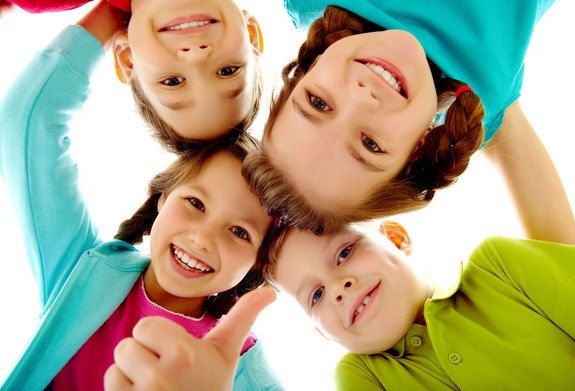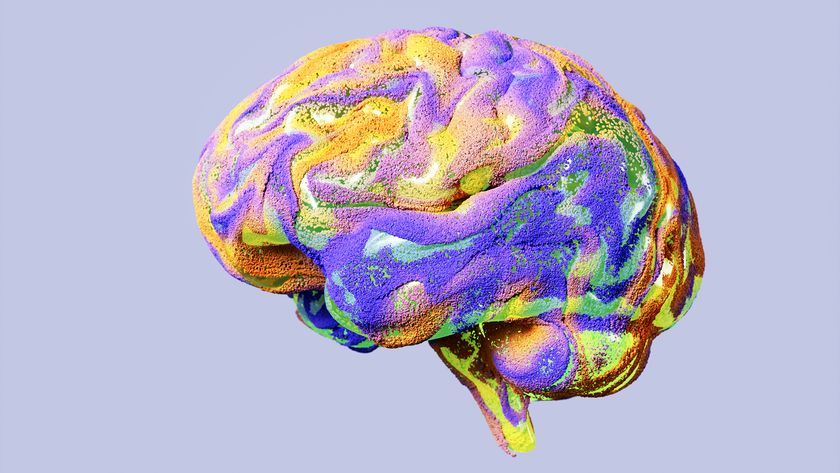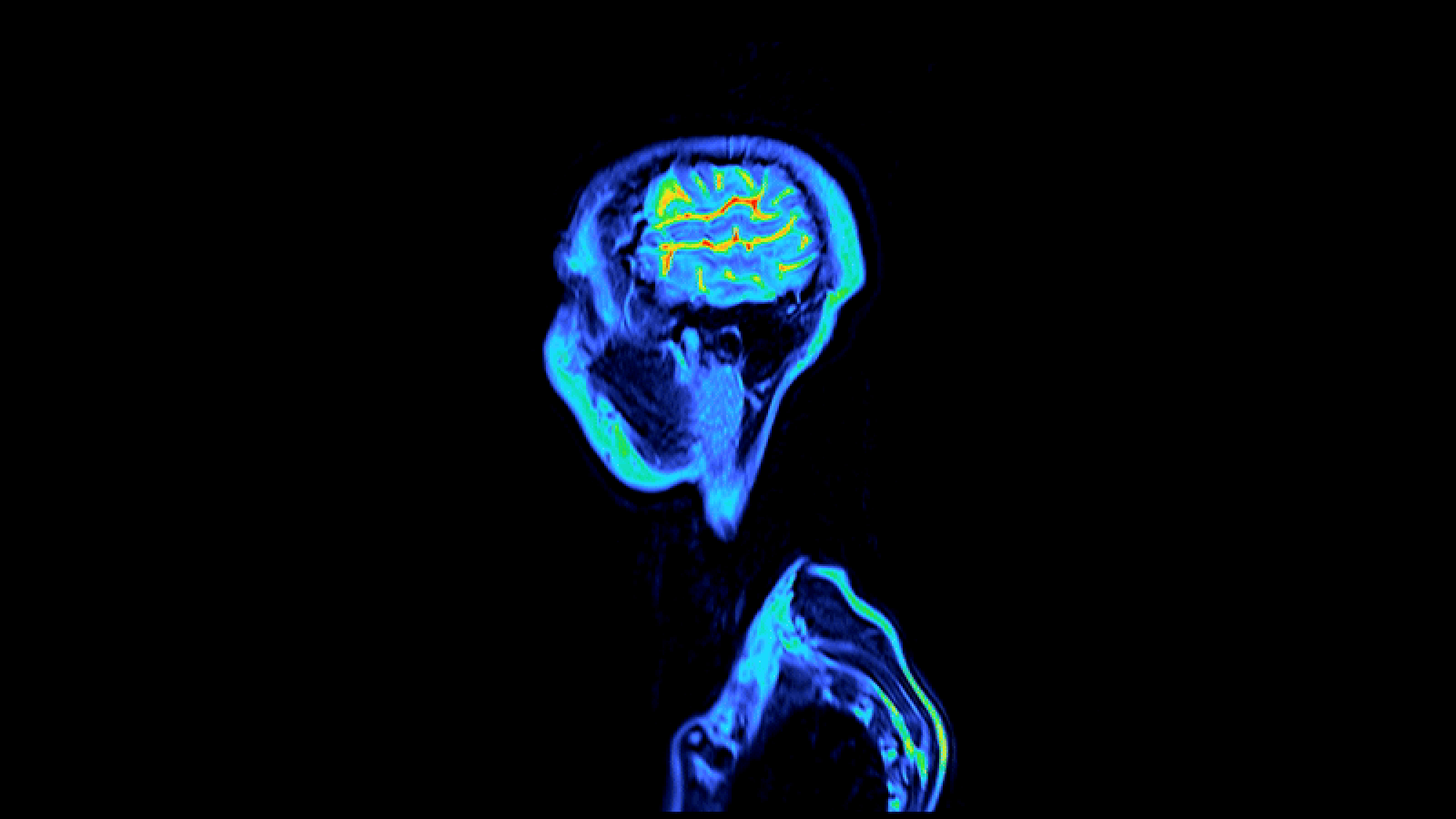The Neuroscience of Looking on the Bright Side

Ask a bride before walking down the aisle "How likely are you to get divorced?" and most will respond "Not a chance!" Tell her that the average divorce rate is close to 50 percent, and ask again. Would she change her mind? Unlikely. Even law students who have learned everything about the legal aspects of divorce, including its likelihood, state that their own chances of getting divorced are basically nil. How can we explain this?
Psychologists have documented human optimism for decades. They have learned that people generally overestimate their likelihood of experiencing positive events, such as winning the lottery, and underestimate their likelihood of experiencing negative events, such as being involved in an accident or suffering from cancer. Informing people about their statistical likelihood of experiencing negative events, such as divorce, is surprisingly ineffective at altering their optimistic predictions, and highlighting previously unknown risk factors for diseases fails to engender realistic perceptions of medical vulnerability. How can people maintain their rose-colored views of the future in the face of reality? Which neural processes are involved in people's optimistic predictions?
To answer these questions we have investigated optimism by using a recent, burgeoning approach in neuroscience: Describing neural activity related to complex behavior with the simple concept of "prediction errors." Prediction errors are the brain’s way of keeping track of how well it is doing at predicting what is going to happen in the future.
The concept of prediction errors was initially put forward in research on artificial intelligence. By now, scientists have used the basic concept of prediction errors in several domains and have come up with various ways of describing prediction errors in mathematical equations. Let me give you the basics without any mathematics: Imagine your granny tells you that she will give you some money next time she visits. You estimate how much money she will give you, maybe 10, maybe 100 dollars depending on how rich (and generous) your granny is. When she gives you the money you will not only be happy about the money but you will also see how much your prediction differed from what you actually got; in other words, you calculate a prediction error. Knowing this prediction error will help you to estimate how much money you will get the next time your granny comes along. It’s an essential part of learning, and the brain is doing it all the time.
How have neuroscientists employed the idea of prediction errors to study brain activity? In dozens of studies, researchers have looked for and identified brain regions that are related to the calculation of prediction errors. They do this in various ways, but the typical experiment consists of having participants gamble for money on computerized versions of slot machines. At the same time, participants’ brains are monitored in functional magnetic resonance imaging (fMRI) scanners.
Interestingly, similar patterns of brain activity seem to be at play when participants gamble for money and when they engage in complex social interactions. For example, in our everyday life, we often have to track how good or bad the advice of another person is. Timothy Behrens and colleagues from Oxford University used prediction errors to model how humans incorporate advice from social partners into their decisions. Participants repeatedly had to choose which one of two options would yield a higher reward. Before they made their decision, they saw which option another person would advise them to choose. So participants had to form prediction errors for two types of information: non-social (how rewarding are the two options) and social (how good is the other person’s advice). The two kinds of prediction errors were processed in a similar fashion, suggesting conceptual links between processing social and non-social information.
Prediction errors also appear to be involved in another common human social behavior, when we find out whether another person likes us or not. In a recent study by Rebecca Jones and colleagues from Cornell University, participants learned how often unknown peers wanted to interact with them by seeing how often these peers sent them "Facebook-like" notes. Prediction errors captured the difference between participants' expectation of receiving a note and actually getting one. Similar to the Behrens study above, prediction error signals were related to brain activity commonly involved in learning about how likely non-social outcomes such as money are to be experienced.
Sign up for the Live Science daily newsletter now
Get the world’s most fascinating discoveries delivered straight to your inbox.
How can prediction errors help us to understand optimism? Tali Sharot, Ray Dolan and I conducted a study at University College London to investigate how people maintain their optimistic predictions. Participants estimated their likelihood of experiencing 80 negative events including various diseases and criminal acts. They then saw the statistical likelihoods of these events happening to an average person of their age. We then measured how much participants updated their predictions by having them re-estimate their personal likelihoods of experiencing these 80 adverse life events. When given good news -- i.e., a bad outcome is not as likely as you thought -- people responded strongly. But given bad news, they tended to change their prediction only a little bit. Importantly, distinct brain regions seemed to be related to prediction errors for good and bad news about the future. Interestingly, the more optimistic a participant was the less efficiently one of these regions coded for undesirable information. Thus, the bias in how errors are processed in the brain can account for the tendency to maintain rose-colored views.
Still, a word of caution to avoid being too optimistic is warranted. Neuroscience won’t tell us anytime soon everything that's going on in the mind of a bride walking down the aisle.
Christoph W. Korn is a third year PhD student at the Freie Universität Berlin and the Berlin School of Mind and Brain. He studies how the human brain integrates information that is relevant in social settings.
Are you a scientist who specializes in neuroscience, cognitive science, or psychology? And have you read a recent peer-reviewed paper that you would like to write about? Please send suggestions to Mind Matters editor Gareth Cook, a Pulitzer prize-winning journalist at the Boston Globe. He can be reached at garethideas AT gmail.com or Twitter @garethideas.
This article was first published on Scientific American. © 2011 ScientificAmerican.com. All rights reserved. Follow Scientific American on Twitter @SciAm and @SciamBlogs. Visit ScientificAmerican.com for the latest in science, health and technology news.













